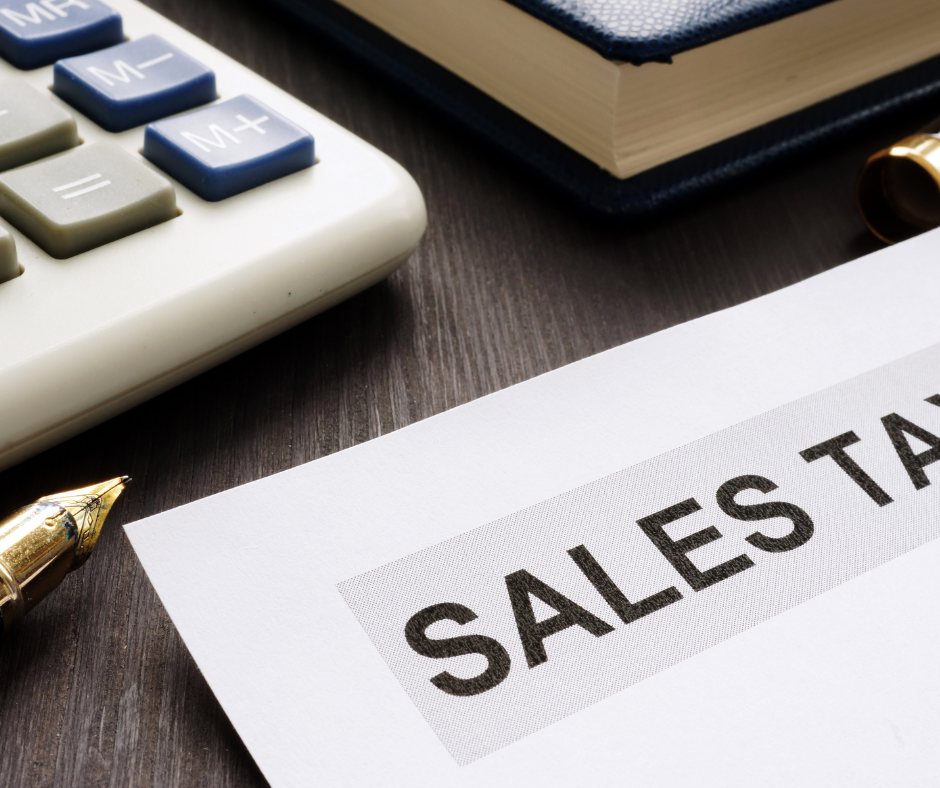
LYNCHBURG, Tenn. — On Monday, the 15-member Metro Council unanimously approved putting a local option sales tax increase in front of the voters in the next election. If approved by voters, total sales tax would increase in Moore County from it’s current rate of 9.5 percent to 9.75 percent. Per the Tennessee Code Annotated, all sales tax increases must be approved via referendum. That’s mean the issue will get added to the next Moore County ballot.
In Tennessee, the state sales tax is levied at 7 percent. Local governments have the option of adding up to 2.75 percent. The average combined tax rate in the state is 9.615 percent; however, nearly all of Tennessee local tax jurisdictions charge the maximum rate of 9.75 percent. In fact, Moore County is one of only a handful of local governments to charge less. To view a complete list of Tennessee tax rates, click here.
Increase intended to decrease local property taxes
During open discussion, Robert Bracewell suggested that the Council earmark the potential increase in revenue for reducing property taxes. Bracewell estimated that the .25 increase would bring in an estimated $80,000 in additional revenues.
“That’s about two pennies,” Bracewell stated. “I plan to vote for this either way, but I think it would help with public support if we could show the new tax will offset property tax.”
He got push back from several fellow council members and Mayor Stewart.
“The bulk of our sales tax comes from tourist,” Sunny Rae Moorehead stated. “We’re just trying to catch up.”
“Anywhere else they go, locals are going to pau 9.75 percent already,” stated Peggy Sue Blackburn. “If they buy groceries in Tullahoma or tires in Winchester, that’s the rate they pay.”
State law requires that 50 percent of sales tax allocations goes to local schools. The other half gets allocated to the County General Fund.
“You’re speculating,” Mayor Stewart stated. “We could gain $80,000, but we could also break even. You can’t make promises you might not be able to keep.”
Council member and Budget Committee Chair Gerald Burnett suggested broad language “that the new money will in general be used to offset property tax.”
In the end, no one amended the ordinance language and it passed as originally written. There will be a public hearing before the September meeting, which takes place on Monday, September 18. The public hearing is set for 6:20 p.m. that night. All Metro Council meetings are open to the general public. •
{The Lynchburg Times is a nonpartisan community newspaper serving Lynchburg, Tennessee and the surrounding counties. We also provide news and information for the 350,000 folks who come to Lynchburg to visit The Jack Daniel’s Distillery each year. We are dedicated to public service journalism for the greater good of our community. You can support us, by clicking here.}
